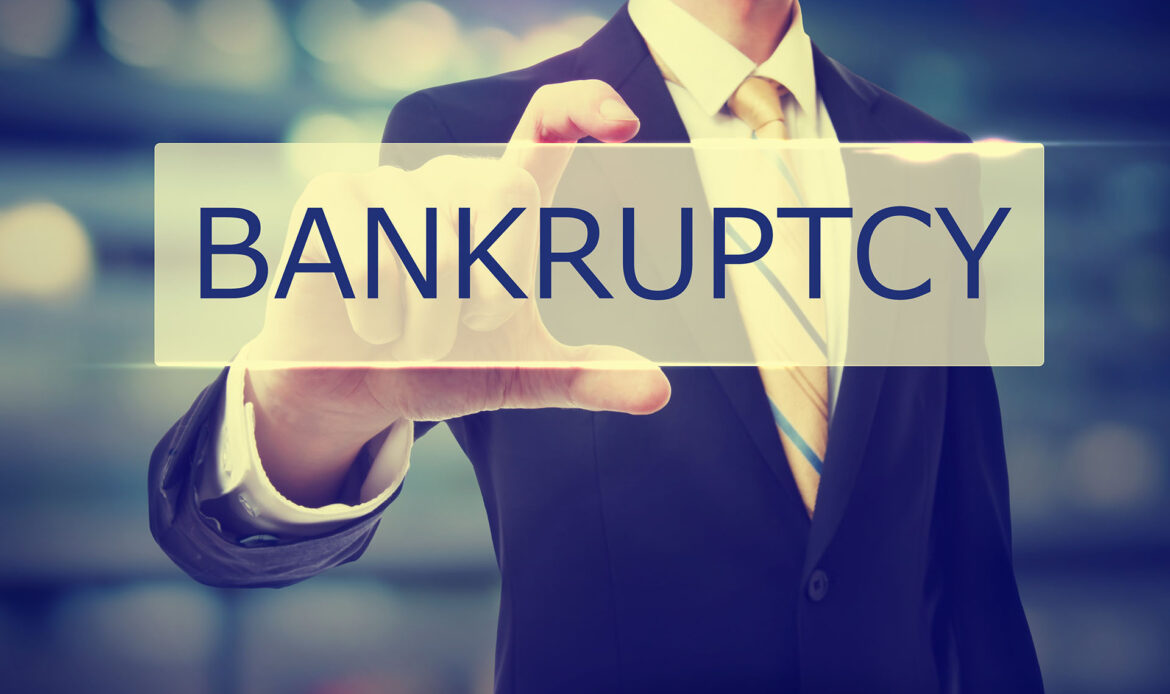Bankruptcy Lawyer in California: Understanding Secured and Unsecured Debt
A misconception exists that when you file for bankruptcy in California, all of your debt is discharged. Though anyone suffering from financial hardship would prefer to have a clean slate to get back on their feet, it is not always the case. Much of what debt is discharged depends on what type of debt it is and under which chapter you file for bankruptcy.
At DiMarco Warshaw, APLC, our bankruptcy attorney in California can help you understand what debt is dischargeable and what debt may not be. We will review your financial situation and listen to your concerns about the outcome of your bankruptcy, and we will advise you accordingly. To learn more about your options when filing bankruptcy, contact us today at 888-890-5474 to schedule a free initial consultation.
Why Does the Type of Debt You Have Matter in California Bankruptcy Cases?
Not all debt can be discharged when you file for bankruptcy, and that is why the type of debt matters. Before you file a bankruptcy petition, you need to know what is dischargeable, what is not, and what might be under certain circumstances. The two types of debt you need to know are secured and unsecured debt.
What is Secured Debt?
Secured debt is just that: it is debt that is secured by an asset. For example, if you buy a car, and you take out a loan to buy that car, you sign a document saying that you understand that if you do not make your payments as agreed upon, the lender is able to repossess the car. That is because the money that was lent to you was secured by the car.
If you file for a Chapter 13 bankruptcy, you may have choices about what to do with secured collateral. You may be able to keep it and continue paying the payment, along with an arrears payment, or you may need to return the property to the lender.
If you file for a Chapter 7 bankruptcy, your secured debt may be discharged, but the lender is also able to repossess the property that secured the debt. In other words, if you have a mortgage on your home and file a Chapter 7 bankruptcy, the mortgage debt may be discharged but the lender can take back your home.
What is Unsecured Debt?
Unsecured debt is debt that is not backed by any collateral. Credit card debt is unsecured debt. A credit card company gives you a credit card with a specific limit on it after you sign. The agreement between you and the credit card company basically expresses you will pay back any amount charged with interest. The loan is based on your agreement alone. If you do not pay the debt back, the lender has limited options and typically cannot repossess anything.
Bankruptcy courts further differentiate unsecured debt by dividing it into two different categories: priority unsecured debt and nonpriority unsecured debt.
- Priority unsecured debt is paid before nonpriority unsecured debt. Examples of priority unsecured debt include child support, alimony, personal injury claims, and wages owed to employees.
- Nonpriority unsecured debt includes credit cards, medical bills, and personal loans.
“Took his time and really listened to my concerns and goals. He also communicated clearly and managed my expectations.”
Stefanie K.
Dischargeable vs. Non-Dischargeable Debt in Chapter 7 Bankruptcies Filed in California
Like Chapter 13 bankruptcies, both secured and unsecured debt can be discharged in Chapter 7 bankruptcies with some significant exceptions when it comes to unsecured debt.
Dischargeable Debt
The following debt can be discharged in a Chapter 7 bankruptcy:
- Medical bills
- Personal loans
- Credit card debt
Non-Dischargeable Debt
Generally speaking, there are certain types of unsecured debt that cannot be discharged in a Chapter 7 bankruptcy, including:
- Student loans
- Debt incurred from fraud (for example, if you lied on an application and the debt was incurred from the lender’s reliance on that lie)
- Money obtained in anticipation of the bankruptcy filing
Dischargeable vs. Non-Dischargeable Debt in Chapter 13 Bankruptcies in California
Both secured and unsecured debt can be discharged in Chapter 13 bankruptcies, but there are also non-dischargeable unsecured debts that cannot be discharged in California.
Dischargeable Debt
The following debt can be discharged in a Chapter 13 bankruptcy:
- Credit card debt
- Debt due to payment of non-dischargeable taxes
- Medical bills not fully covered by insurance
- Debt due to your destruction of the property of another
- Unsecured personal loans
Penalties and fines owed to the government - Certain tax obligations
- Judgment debt (usually this is debt that you have because a judgment was placed against you for a negligence-related or personal injury matter or a breach of contract)
Non-Dischargeable Debt
Generally speaking, there are certain types of unsecured debt that cannot be discharged in a Chapter 13 bankruptcy, including:
- Child support
- Alimony
- Criminal penalties
- DUI penalties
- Judgment debt (usually this debt is dischargeable but in some cases, the other party may object and produce qualifying reasons why the judgment debt should be excepted from dischargeable debt)
Dischargeable vs. Non-Dischargeable Debt in Chapter 11 Bankruptcies in California
Businesses (or, to a lesser extent, individual consumers with assets to reorganize, rehabilitate, or liquidate) file for bankruptcy often under Chapter 11. Like Chapters 7 and 13, Chapter 11 has specific debt that is dischargeable and non-dischargeable.
Dischargeable Debt
Oftentimes, businesses (or to a lesser extent, consumers) will restructure their debt rather than create a plan for liquidation under Chapter 11. If they choose a plan to liquidate, debt that can be discharged includes but may not be limited to:
- Business debts
- Credit card bills
- Back rent
- Business loans
- Medical bills
- Personal loans
Non-Dischargeable Debt
A business or, to a lesser extent, a consumer filing for bankruptcy under Chapter 11 is responsible to pay back all non-dischargeable debt, including:
- Debts for alimony, spousal support, or child support
- Some tax debts, including fraudulent tax returns
- Government-funded or guaranteed education loans
- Educational benefit overpayments
- Consumer debts owed to a single creditor for more than $500 for luxury goods or services incurred within 90 days before the bankruptcy order
- Cash advances of an aggregate of more than $750 from consumer credit accounts within 70 days before the bankruptcy order
- Judgment debt
Contact a Bankruptcy Attorney in California Today
Bankruptcy in California is a way to get your finances back in order, and in doing so, it helps you get your life back on track. Through this process, it is integral to understand what debt can and cannot be discharged.
At DiMarco Warshaw, APLC, our bankruptcy lawyer will thoroughly answer your questions, review your financial situation, and guide you through the process. To learn more, contact us today at 888-890-5474 or fill out our online contact form to schedule a free initial consultation.




